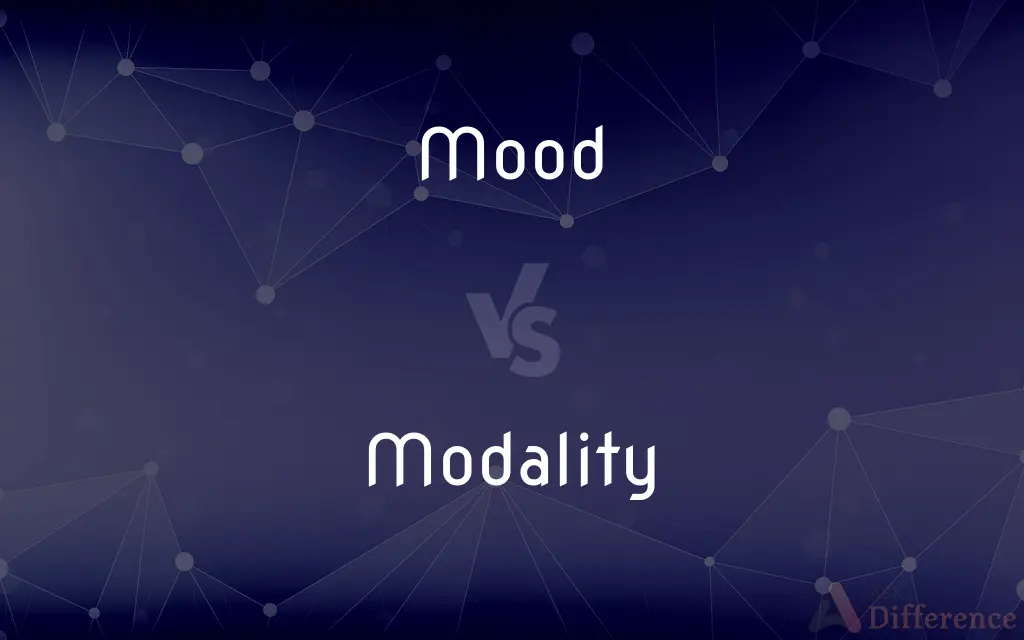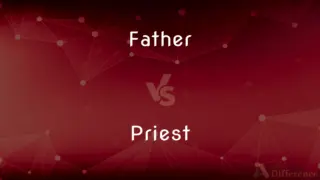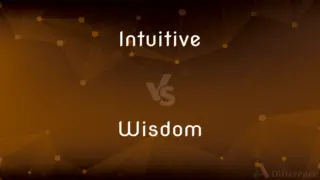Mood vs. Modality — What's the Difference?

Difference Between Mood and Modality
ADVERTISEMENT
Compare with Definitions
Mood
A particular state of mind or emotion
News that put us in a good mood.
Modality
The fact, state, or quality of being modal.
Mood
A pervading impression of an observer
The somber mood of the painting.
Modality
A tendency to conform to a general pattern or belong to a particular group or category.
Mood
An instance or spell of sulking or angry behavior
A friend's visit lifted him out of his mood.
ADVERTISEMENT
Modality
(Logic) The classification of propositions on the basis of whether they assert or deny the possibility, impossibility, contingency, or necessity of their content. Also called mode.
Mood
Inclination; disposition
I'm in the mood for ice cream.
Modality
Modalities The ceremonial forms, protocols, or conditions that surround formal agreements or negotiations
"[He] grew so enthusiastic about our prospects that he began to speculate on the modalities of signing" (Henry A. Kissinger).
Mood
A property of verbs in which the speaker's attitude toward the factuality or likelihood of the action or condition expressed.
Modality
(Medicine) A therapeutic method or agent, such as surgery, chemotherapy, or electrotherapy, that involves the physical treatment of a disorder.
Mood
A category or set of verb forms or inflections used to indicate such an attitude. In English, the indicative mood is used to make factual statements, the subjunctive mood to indicate doubt or unlikelihood, and the imperative mood to express a command.
Modality
(Physiology) Any of the various types of sensation, such as vision or hearing.
Mood
(Logic) The arrangement of statement types in a syllogism.
Modality
The fact of being modal.
Mood
A mental or emotional state, composure.
I've been in a bad mood since I was dumped by my ex-boyfriend.
Modality
(logic) The classification of propositions on the basis on whether they claim possibility, impossibility, contingency or necessity; mode.
Mood
Emotional character (of a work of music, literature, or other art).
Modality
(linguistics) The inflection of a verb that shows how its action is conceived by the speaker; mood
Mood
A sullen, gloomy or angry mental state; a bad mood.
He's in a mood with me today.
Modality
(medicine) A method of diagnosis or therapy.
Mood
A disposition to do something, a state of mind receptive or disposed to do something.
I'm not in the mood for running today.
Modality
Any of the senses (such as sight or taste)
Mood
A prevalent atmosphere, attitude, or feeling.
A good politician senses the mood of the crowd.
Modality
(semiotics) A particular way in which the information is to be encoded for presentation to humans, i.e. to the type of sign and to the status of reality ascribed to or claimed by a sign, text or genre.
Mood
(slang) A familiar, relatable feeling, experience, or thing.
Modality
(theology) The organization and structure of the church, as distinct from sodality or parachurch organizations.
Mood
(grammar) A verb form that depends on how its containing clause relates to the speaker’s or writer’s wish, intent, or assertion about reality.
The mood most frequently encountered in English is the indicative, of which the mood in this sentence is an example.
Modality
(music) The subject concerning certain diatonic scales known as musical modes.
Mood
(slang) Used to express that the speaker finds something very relatable.
—I am feeling very exhausted today. —Mood.
Modality
(sociology) The way in which infrastructure and knowledge of how to use it give rise to a meaningful pattern of interaction (a concept in Anthony Giddens's structuration theory).
Mood
Manner; style; mode; logical form; musical style; manner of action or being. See Mode which is the preferable form).
Modality
(legal) The quality of being limited by a condition.
Mood
Manner of conceiving and expressing action or being, as positive, possible, conditional, hypothetical, obligatory, imperitive, etc., without regard to other accidents, such as time, person, number, etc.; as, the indicative mood; the imperitive mood; the infinitive mood; the subjunctive mood. Same as Mode.
Modality
The quality or state of being modal.
Mood
Temper of mind; temporary state of the mind in regard to passion or feeling; humor; as, a melancholy mood; a suppliant mood.
Till at the last aslaked was his mood.
Fortune is merry,And in this mood will give us anything.
The desperate recklessness of her mood.
Modality
A modal relation or quality; a mode or point of view under which an object presents itself to the mind. According to Kant, the quality of propositions, as assertory, problematical, or apodeictic.
Mood
A characteristic (habitual or relatively temporary) state of feeling;
Whether he praised or cursed me depended on his temper at the time
He was in a bad humor
Modality
A classification of propositions on the basis of whether they claim necessity or possibility or impossibility
Mood
The prevailing psychological state;
The climate of opinion
The national mood had changed radically since the last election
Modality
Verb inflections that express how the action or state is conceived by the speaker
Mood
Verb inflections that express how the action or state is conceived by the speaker
Modality
A particular sense
Modality
A method of therapy that involves physical or electrical therapeutic treatment
Share Your Discovery

Previous Comparison
Father vs. Priest
Next Comparison
Intuitive vs. Wisdom













































